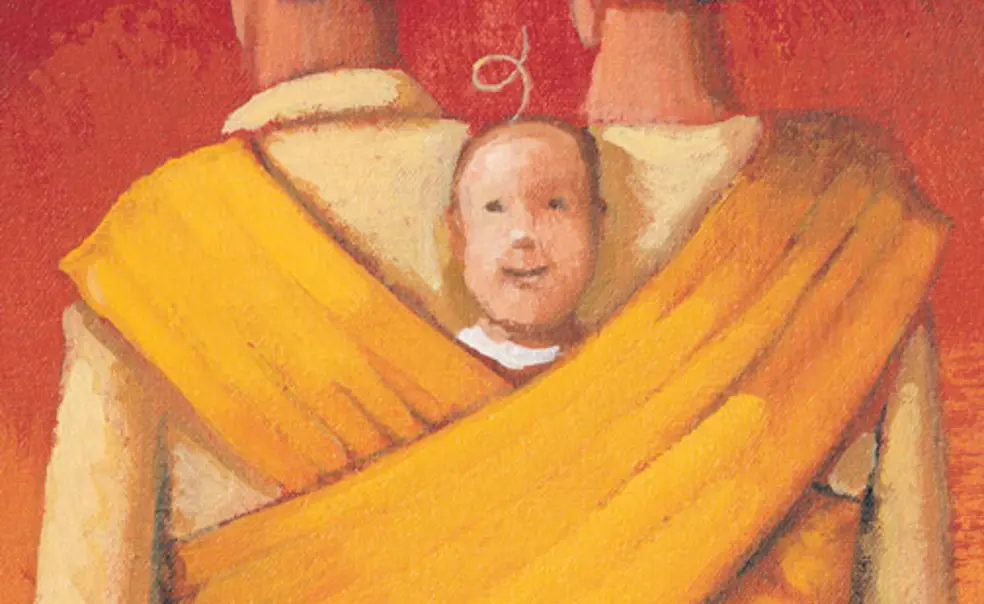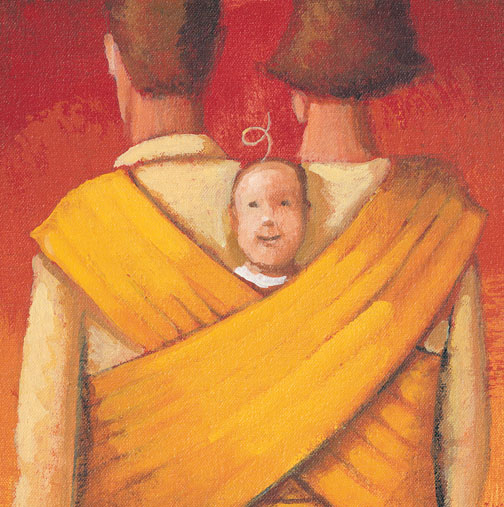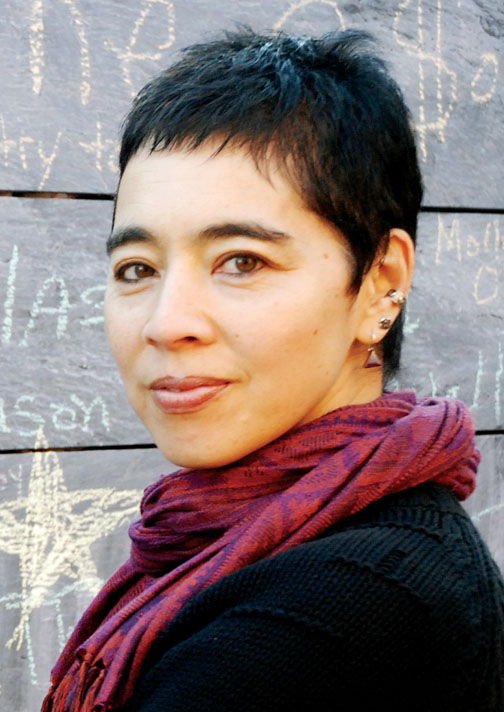Susan Fraiman ’78 is a professor of English at the University of Virginia.
Eric and I met in graduate school, bonding over literary theory and leftist politics. It was during the Culture Wars of the 1980s, academia was under fire, and we were Lynne Cheney’s nightmare. My dissertation was on gender and Jane Austen; Eric’s was on antebellum racial politics. When we weren’t reading, writing, or brainwashing our students, we were taking it to the streets. Later we would boast of having been arrested (and immediately released) during a campus protest. The two of us were bookish for sure, but serious about putting our ideas about social justice into practice. They weren’t bad ideas — quite the contrary. But as 20-something eggheads, our idealism was still untested, scarcely driven off the lot.
When our son was born in 1992, it went without saying that we would raise him in keeping with our feminist values. Seeking a gender-neutral name, we settled on Cory (last name hyphenated, of course). Inspired by psychologist Nancy Chodorow, we were determined to split parenting down the middle. Chodorow’s theory is that male infants nurtured primarily by mothers end up running in the opposite direction: away from mom, the “feminine,” and intimacy generally. We looked to 50/50 parenting as the key to raising a more confident, cuddlier boy — a boy less apt to shun girls, dismiss things as “gay,” and squirm away from a hug. The Shared Parenting Project also would mean updating our own gender roles. For Eric, there would be no magnanimous “helping” with child care; for me, no extended hiatus from work. We each would achieve a satisfying balance between teaching and diapering.
To establish the two of us as primal sources of comfort, we took turns feeding our newborn. Eric mastered the art of bottle-feeding while reading and walking — a delicate technique involving two hands and a chin. Who said men are less able to multitask? At times Eric was the preferred parent, a fact I found embarrassing on the playground. Was it my imagination, or did other parents look alarmed at a fussy baby handed off to dad? I didn’t mind sharing my status as “primary,” but I hadn’t counted on being secondary, even briefly. There were two lessons here: Parental roles really are culturally malleable. But redefining these within our own family didn’t let me off the hook of public opinion — or my own lingering expectations and anxieties about maternal priority.
What about toys, that much-discussed bane of gender-conscious parents? A ban on guns was impossible after an uncle gave our 2-year-old a humongous Super Soaker. But then our general approach was less to prohibit than to permit and discuss. We encouraged a gamut of playthings, lots of books, and just as much television. Nestled on the sofa with our son (who was indeed very cuddly), we pointed out stereotypes instead of turning off the set.
I admit there were moments that gave me pause. We had always dressed Cory in a rainbow of colors — peach leggings, tie-dyed T-shirts. No wonder he was drawn to the pink and white Big Wheel. But as he weighed his choices in the aisles of Toys R Us, I was doing some calculations of my own. He surely would be teased for pedaling in pink. Shouldn’t I give him a hint to spare his feelings? I confess: I was relieved when he finally selected the blue and yellow trike.
There were moments of resistance. When Cory began to read, he was appalled to find that a censor had defaced many of his books, changing “fireman” to “firefighter,” tweaking a few pronouns, re-sexing an animal or two. But in general the stuff took. In elementary school, Cory played dress-up and never thought to stop inviting girls to birthday parties. By 8, Super Soakers had yielded to the shooter video game GoldenEye 007, and Cory could do the spiel about images of violence better than we could. By 9, he was bucking fourth-grade fashion trends with woven bracelets and an amulet around his neck.
The amulet must have been faulty, however. Soon after Cory’s 10th birthday, his PC parents split up. The Shared Parenting Project had no Plan B in case of divorce; for most of our 18 years together, it had been unthinkable. But now we would have to feel our way to some new kind of arrangement, emotionally and logistically. Breaking the news to our son was the hardest thing I have ever done. I remember watching Cory on stage in a school play, knowing it was the last time he would ever think of his family in the same way. Once the curtain came down, his familiar world would be shattered by what we had to tell him.
Eric moved out that very weekend. But as a hands-on parent for 10 years, he couldn’t imagine going far. He had nursed our son from the first moment. We had taken turns with the ritual that eased Cory into sleep, gone together to every doctor’s appointment and teacher’s conference. No less dependent than I was on a daily fix of physical contact, Eric chose an apartment just one street away. Ignoring the wisdom of experts, we decided that Cory would alternate days between households. One of us would launch him in the morning; the other would kiss him goodnight. There were practical advantages, too: Our proximity enabled Cory to run back and forth on a whim, and Eric could toss sneakers out the window as we swung by in the car. I won’t pretend there was no trauma, but over the next few years, the rhythm of daily alternation came to feel easy and even natural. Instead of lamenting that our great Chodorovian experiment had failed, I began to realize that early co-parenting was paying off in a way we never anticipated: It had laid the foundation for continuing to co-parent after divorce.
Chodorow came through for us again when Cory reached adolescence. As rebellion goes, his was quite civilized. Cory never seemed to feel that masculinity required him to back off emotionally. He wasn’t embarrassed to hug me in front of his friends, and we continued to hang out watching TV. Cory would control the remote (perhaps the one male trait that really is hard-wired), flipping between cop shows and the Food Channel. Clearly Cory benefited from staying close to both of his separated parents. But as a teenager needing more room, he also may have benefited from shuttling between us: The distance between households, narrow as it was, gave him a third space all his own.














No responses yet